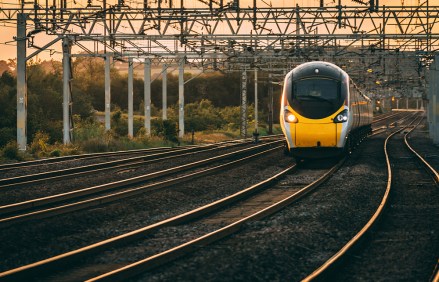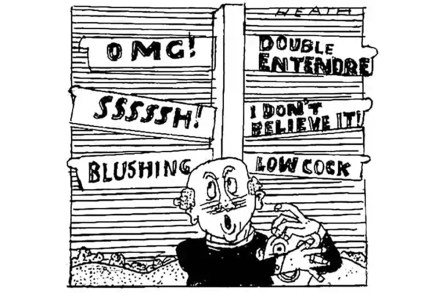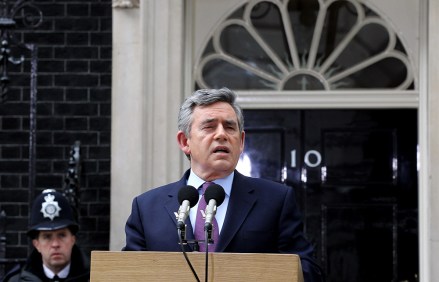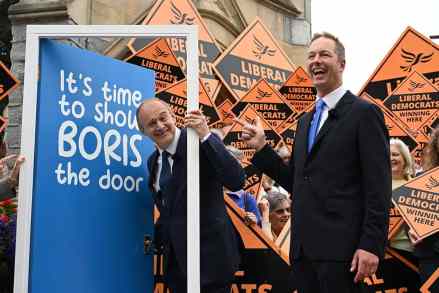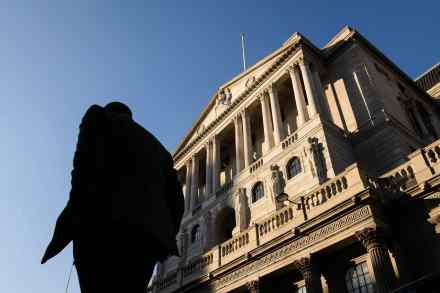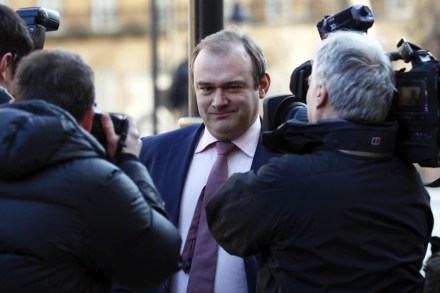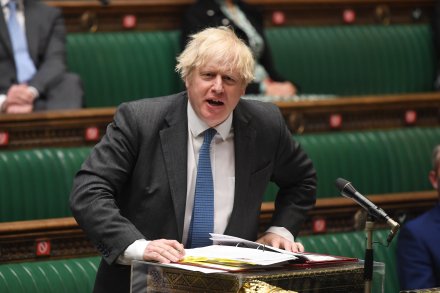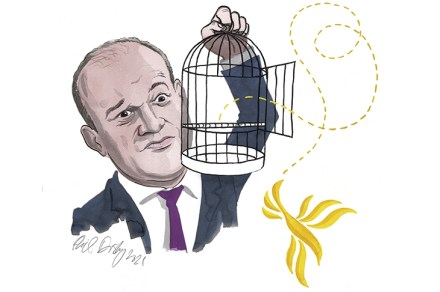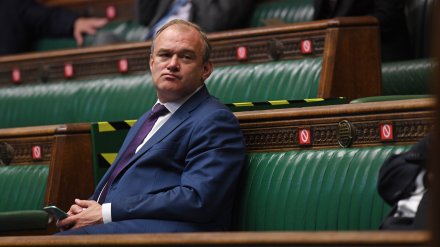How do you say Southwell?
They were talking about the origins of the Bramley apple on The Kitchen Cabinet on the wireless last week, and naturally they spoke of Southwell, that agreeable minster town in Nottinghamshire. I was surprised, almost let down, when a local man pronounced the place-name to rhyme with mouthw’ll. I had long been careful to pronounce the –outh– like the –oth– in mother. I needn’t have been so shocked. The careful work of Klaus Forster published in 1981, A Pronouncing Dictionary of English Place-Names, includes a version of Southwell rhyming South– with mouth. Indeed it was the version, he tells us, listed in Broadcast English: Recommendations to announcers regarding the pronunciation
